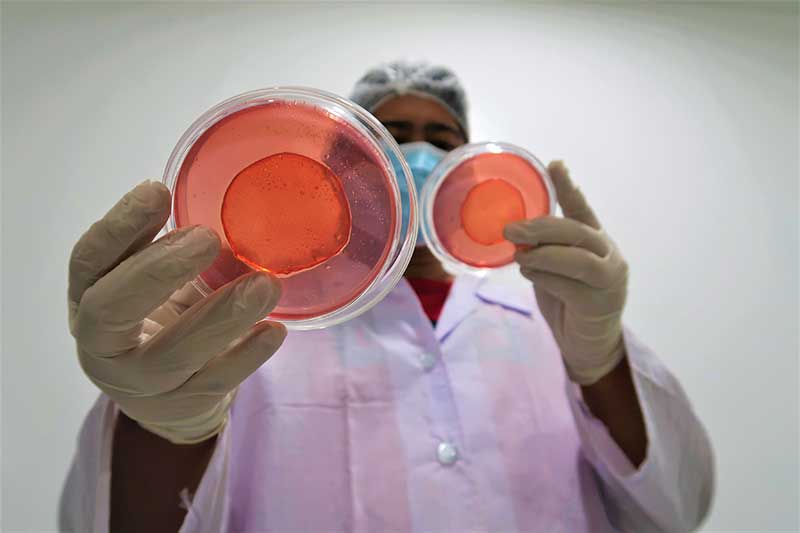
Each year, thousands of animals are subjected to laboratory experiments to understand our own bodies.
The testing is also a procedure performed to assess diseases and the effectiveness of new medical products and safety of the consumer on cosmetics, medical devices, and drugs.
With ongoing efforts for research and development, Pharma GalenX Innovations Inc. (GalenX), an affiliate of Maridan Industries Inc, opted for reduced dilemma on animal testing by using bioprinting technology.
3D bioprinting will allow the mimicking of real human structures of organs or tissues to be used for lab experiments. It also has a higher compatibility rate compared to animal tissues, thus lessening human errors.
The company will develop Human Skin Equivalents for testing. These lab-grown skins are the exact 3D models of the structure they want to print. It can be as specific as the age, color, sex, race, texture, etc., of the skin depending on the intended test. It provides a cost-effective alternative to animal testing for pharmaceuticals and cosmetics.
GalenX anticipates reduced side effects and improved quality of life by pursuing cruelty-free testing through a laboratory exclusive for the printing of samples such as the human skin.
At both the pharmacy and industrial levels, it represents an impending possibility for the creation and formulation of tailored products. Bioprinting has already proven to be a game changer in clinical trial success rates, not only by reducing animal suffering but also by speeding up the entire R&D process.
The project entitled,” Development of a Three-Dimensional Bioprinted Human Skin Equivalent for In Vitro Biocompatibility Studies of Topical Formulations,” is funded through the Department of Science and Technology’s (DOST) Business Innovation through Science and Technology for Industry (BIST) Program under the Science for Change Program which reinforces innovation through providing financial assistance to Filipino-owned companies to further competence, facilitate growth, and adapt to changing global dynamics.
Together with DOST-Philippine Council for Health Research and Development (PCHRD), it aims to promote industry-based R&D to improve product efficiency and formulate scientific developments.
The government’s Research & Development spending increased by 200% since 2018, giving more opportunities for growth in science. Specifically, DOST is putting the spotlight on regional development to back support for thriving companies in the local arena.
This project offers to fulfill that mission and the potential for technological advancement leading and not limited to animal-free testing but the promise to improve patient outcomes, reduced burden on primary care, and high survival rate for humans.


















